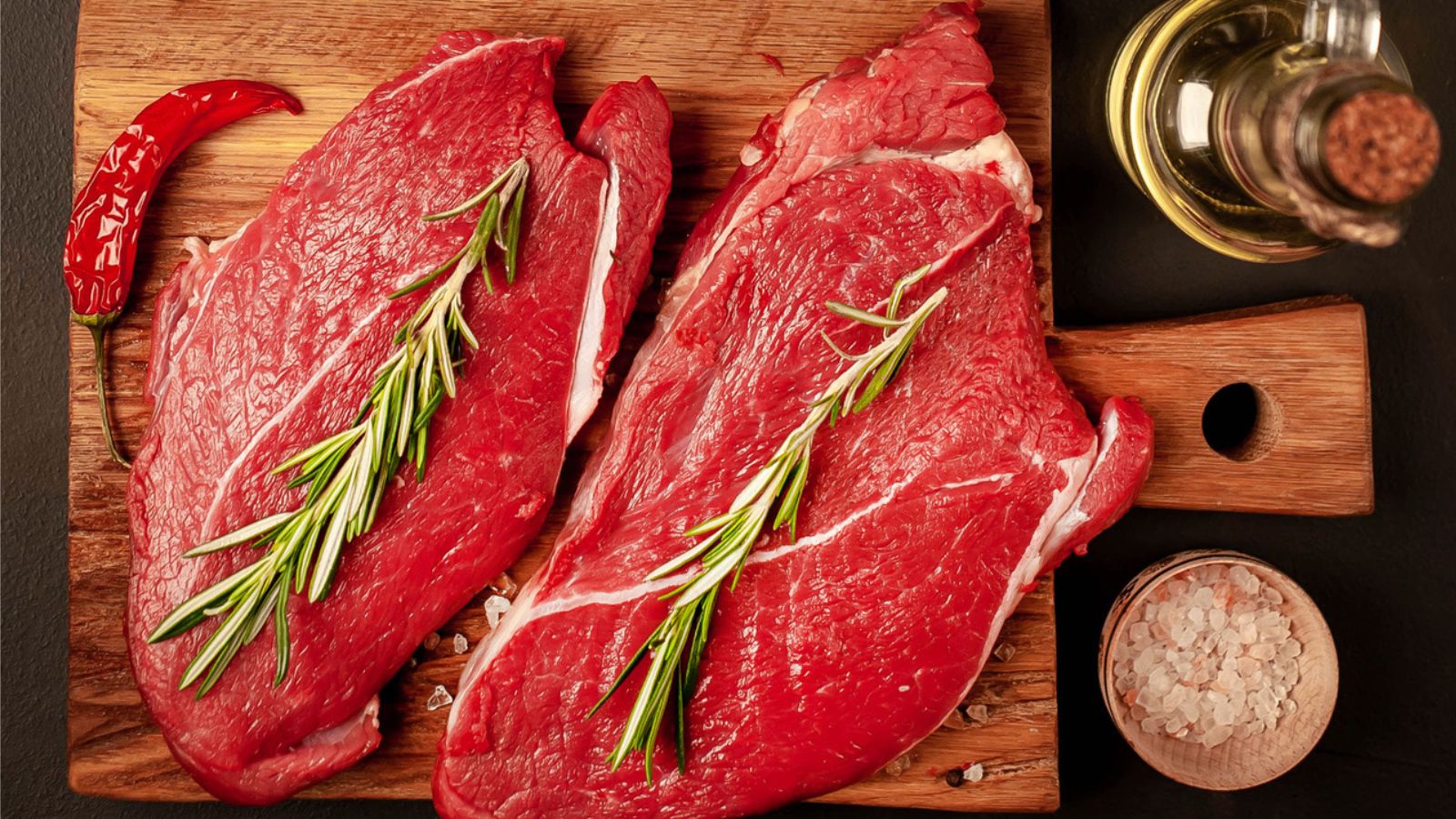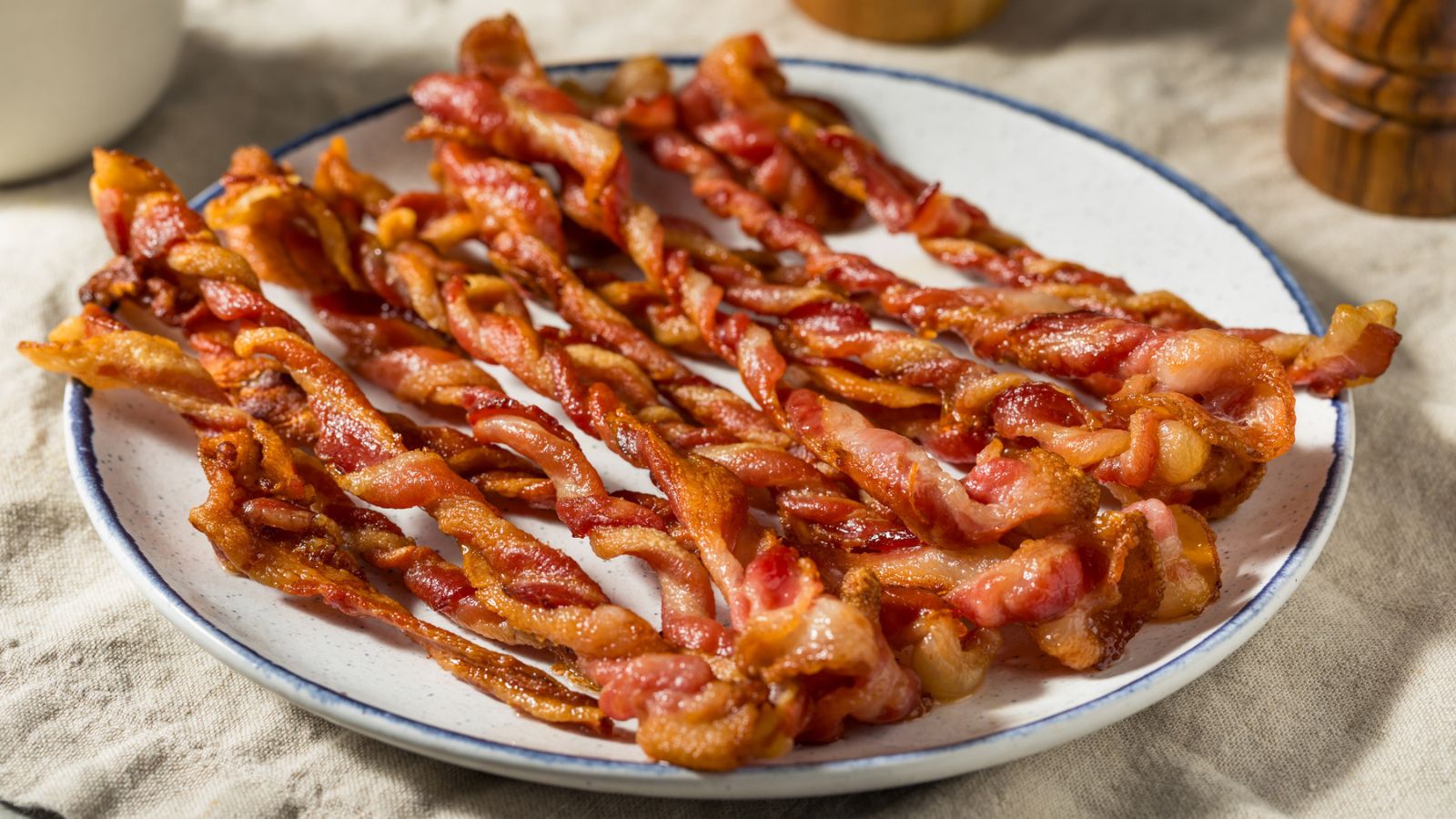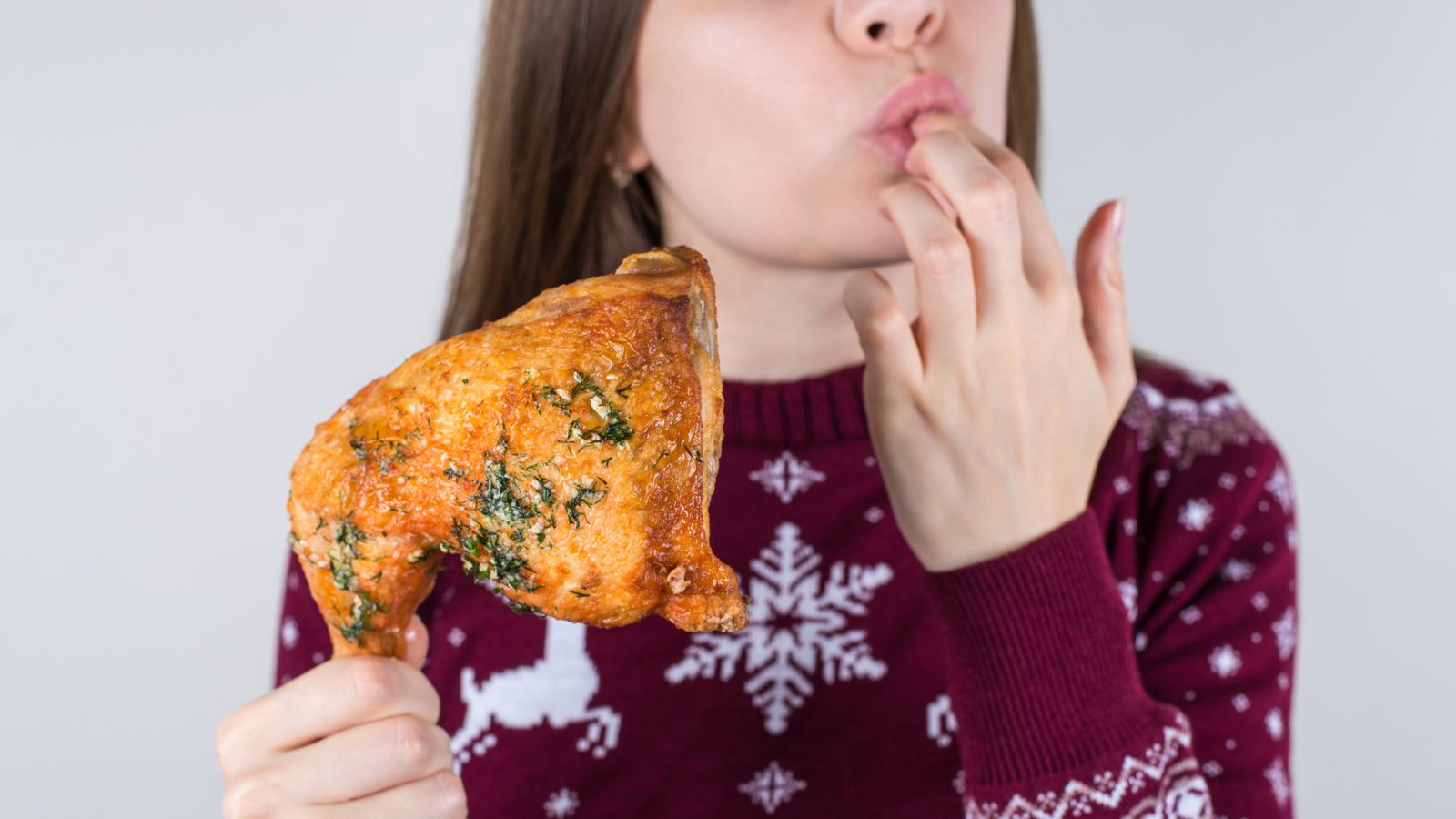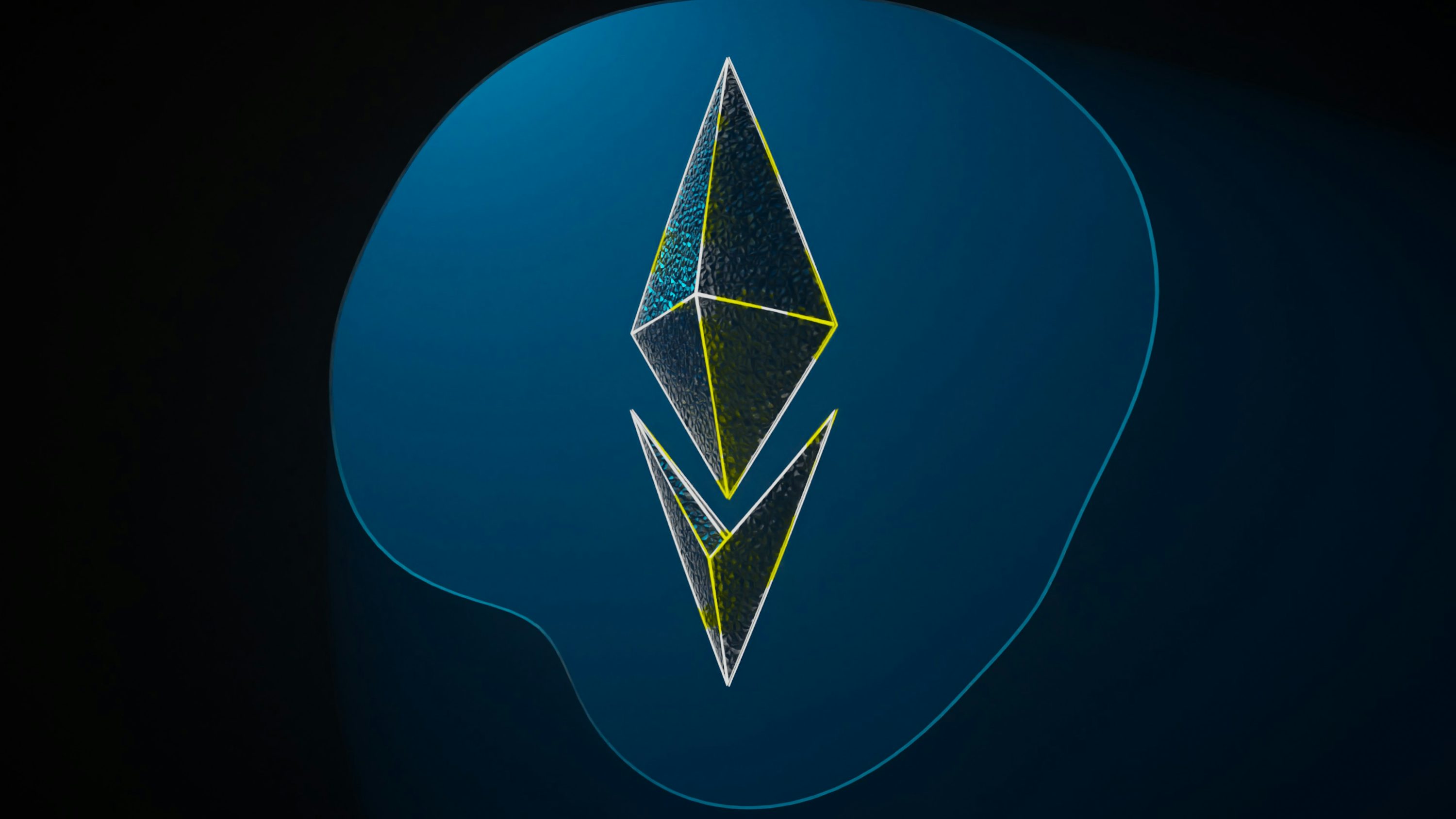Creepy to Think What You Will Need To Eat in 15 Years If You Want A Steak
Imagine it’s 2036, and science has nudged, nudged, and nudged again at our palates, pushing the boundaries of what we thought was possible. You’re standing in your kitchen, looking down at your plate where a perfect steak lays. But...

Imagine it’s 2036, and science has nudged, nudged, and nudged again at our palates, pushing the boundaries of what we thought was possible. You’re standing in your kitchen, looking down at your plate where a perfect steak lays. But it’s not just any steak- it’s a slice of groundbreaking food technology that came not from a cow, but a lab. Thrilling, weird, almost unbelievable, right? Let’s crash into the nitty-gritty of this extraordinary revolution and debunk how this off-beat future dish could become your new normal!
This groundbreaking announcement has sparked widespread interest, prompting Americans to contemplate the future of food and its potential implications. People flocked to social media, Reddit, and other platforms to discuss their feelings.
What is lab-grown meat?
 Image credit: Canva.
Image credit: Canva.Lab-grown meat production involves the extraction of cells from living animals’ muscle and skin tissue, a process done via local anesthesia to ensure minimal discomfort for the animal. So it is not just theoretically, but it is technically meat.
Who is Good Meat and Upside Foods?
 Image credit: Canva.
Image credit: Canva.GOOD Meat, a brand from Eat Just, Inc. (also famous for the Just Egg brand), is revolutionizing the food industry by producing real chicken flesh from animal cells. It is the first company in the world to sell lab-grown meat since they have been approved in Singapore.
Upside Foods was established as Memphis Meats in 2015. They successfully cultivated beef in 2016, and chicken and duck in 2017. They raised more than USD 400 million in funding in 2022.
Vegans wouldn’t be comfortable eating this
 Image credit: Canva.
Image credit: Canva.In Reddit, many vegans are expressing discomfort at the idea of consuming it. One of the primary reasons for their hesitation is the concern about the taste and texture of lab-grown meat, as it will replicate the experience of consuming traditional animal-based meat too closely. They say things like: I don’t think I’ll be comfortable eating this. or The thought of eating chicken or pork in particular really turns my stomach.
Vegans question whether is it even ethical.
 Image credit: Canva.
Image credit: Canva.The concept of lab-grown meat being derived from animal cells can still evoke psychological associations with animal exploitation, making it challenging for some vegans to overcome that mental barrier. They say like: Still seems to be an ethical violation as the animal didn’t consent to their cells being harvested at the start. or The cells have to come from an animal which is kept confined somewhere by someone, the cells don’t just magically appear out of nowhere.
Despite concerns, vegans see the silver-lining
 Image credit: Canva.
Image credit: Canva.But they are quick to point out that “An insane level of harm reduction is a great thing, the fact that it’s not absolutely “perfect” shouldn’t take away from it. or It certainly seems less traumatic to do this than to keep on slaughtering and torturing.
Could it be a motivator for non-vegans to eat less meat?
 Image credit: Canva.
Image credit: Canva.Despite the already existing variety of plant-based meat alternatives produced by soy and pea proteins, non-vegans often feel that giving up meat is still hard. Someone pointed out that there are a lot of people out there who don’t like the idea of killing animals for food – but not enough to get them to go vegan. This will be a great alternative! and many agreed.
Would be better for pets than for humans?
 Image credit: Canva.
Image credit: Canva.While vegans avoid animal products due to ethical concerns, they may be more willing to consider lab-grown meat as an option for their pets. They say “This would be a game changer. I have no interest in lab-grown meat for myself, but I still buy animal products for my cats, and I feel super conflicted about it.” or “As a cat guardian of 10 years and vegan of 6 years, this would be great.”
Who can afford it?
 Image credit: Canva.
Image credit: Canva.More people pointed out the potentially high cost, which may stem from the current limited-scale production. Someone said “I see it as something that will be a niche for a long time until it is ridiculously mundane and cheap – and then it will become ubiquitous.” Addressing the scalability issue and finding ways to reduce production costs will be key factors in making lab-grown meat more affordable and accessible to a broader consumer base.
Win a chance to be the first to taste it
 Image credit: Canva.
Image credit: Canva.Upside Food also started a competition on Instagram for a chance to join in on the first meal using lab-grown chicken with Dominique Crenn, owner of the three-Michelin-starred restaurant Atelier Crenn.
15 Crappy Foods Americans Should Avoid Eating At All
 Image credit: Depositphotos.
Image credit: Depositphotos.
15 Almost Lost Recipes From the ’60s and ’70s That Deserve a Comeback
 Image credit: Depositphotos.
Image credit: Depositphotos.
15 Foods You Can Eat As Much As You Want Without Getting Fat
 Image credit: Depositphotos.
Image credit: Depositphotos.
15 Strange Dishes From Medieval Ages People Had To Eat Back Then
 Image credit: Depositphotos.
Image credit: Depositphotos.

 Lynk
Lynk 
































